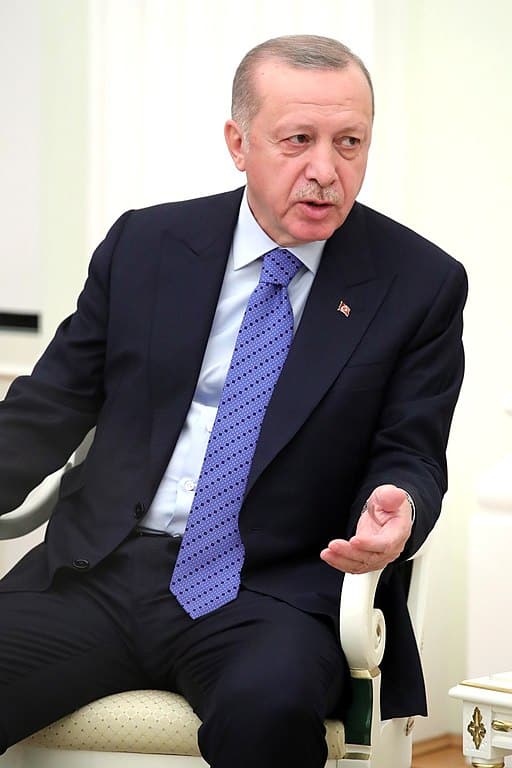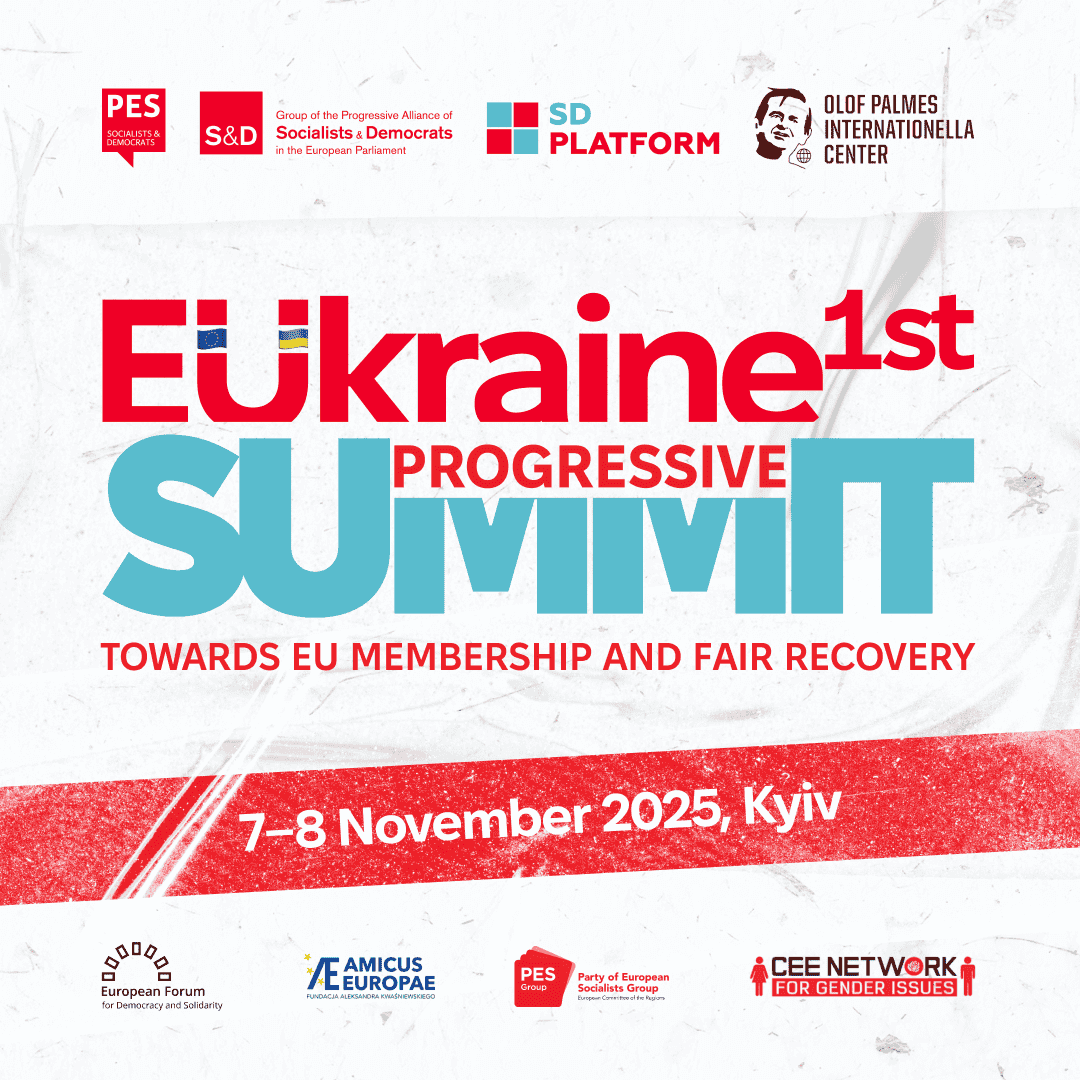Turkish President Erdoğan in 2020 (source: WikiMedia Commons)
While Turkish diplomacy is in full swing and the country is raising its profile on the geopolitical front, interesting developments are taking place in domestic politics. In the run-up to next year's elections, the Erdoğan government has tabled a controversial electoral law that is likely to be passed. The law favours Erdoğan's AK Party and seems intended to divide the united opposition.
What does the law say?
The new law benefits Erdoğan's AK Party. MPs in a district can now no longer be assigned from an alliance of parties, but only by party. This disadvantages small opposition parties. Had these reforms been introduced in 2018, Erdoğan would have had 10 more MPs had- this could prove crucial if the differences between the AK Party and the opposition are small. This also makes the scenario that Erdoğan loses in the presidential elections but becomes the largest party in the parliamentary elections plausible.
It also lowers Turkey's notoriously high electoral threshold from 10% to 7% of the national vote. This could be positive for Erdoğan's coalition partner MHP, which currently polls below 10%.
Elections are currently scheduled for June 2023. They are now unlikely to take place earlier - as was reported - as the changes to the electoral law will not take effect until 12 months after consent. Permission for this law in April seems a formality, as the AK Party and MHP have a majority in parliament.
Opposition unites
In 2019, opposition CHP won the elections in Istanbul, which was seen as a major defeat for Erdoğan. Many are eagerly looking forward to the 2023 elections, especially now that the opposition has united to defeat Erdoğan and roll back controversial constitutional amendments. The main opposition parties sent out a joint declaration in February, saying they are "determined to build a strong, fair, free and democratic system that respects the separation of powers". However, tensions remain within the opposition over the choice of a joint presidential candidate.
Erdoğan's growing unpopularity
Erdoğan's presidency has become increasingly unpopular due to economic problems in Turkey. Inflation in the country has soared in recent years. Only in February this year alley inflation by 53%. This is partly due to controversial monetary policy by the Turkish Central Bank, which is under strict supervision of the Erdoğan government. The Turkish president goes against conventional economic theory and is a strong opponent of high interest rates. Interest rates in Turkey are very low, to encourage borrowing - and this has driven up inflation enormously. Basic products have become extremely expensive for the Turkish people as a result.
Erdoğan's diplomatic profiling
Meanwhile, Erdoğan is making his presence felt in the diplomatic spectacle surrounding Russia's invasion of Ukraine. He wants to profile Turkey as a key negotiating partner of Moscow and Kiev. Earlier this week, Mark Rutte was a guest in the country - he praised Turkey's role in the conflict. Ukrainian and Russian foreign ministers Kuleba and Lavrov already met at the diplomatic forum in Antalya in early March.
In addition, Erdoğan boosted ties with the United Arab Emirates, which had cooled sharply due to the conflict in Libya, among other things. Finally, he also received Israeli, Armenian and Greek dignitaries - all countries with which Turkey has historically difficult relations. By setting himself up as a geopolitical protagonist, it seems Erdoğan wants to boost his legitimacy both in Turkey and globally.
Attention needed towards elections
It is important that Western institutions continue to focus attention on promoting democratic freedoms in the country, especially towards the crucial 2023 elections. Free speech in the country has been under great pressure for years and Turkey regularly violates key human rights treaties.
That Turkey, as a member of NATO, is an important geopolitical partner is beyond doubt. However, this should not deter the Western world from putting on the agenda a fair electoral process for all actors involved. In this respect, the recent changes in the electoral law are of concern.
Sources: Financial Times I Al Monitor I Al Monitor II Balkan Insight Middle East Eye Financial Times II Reuters
Photo: WikiMedia Commons




